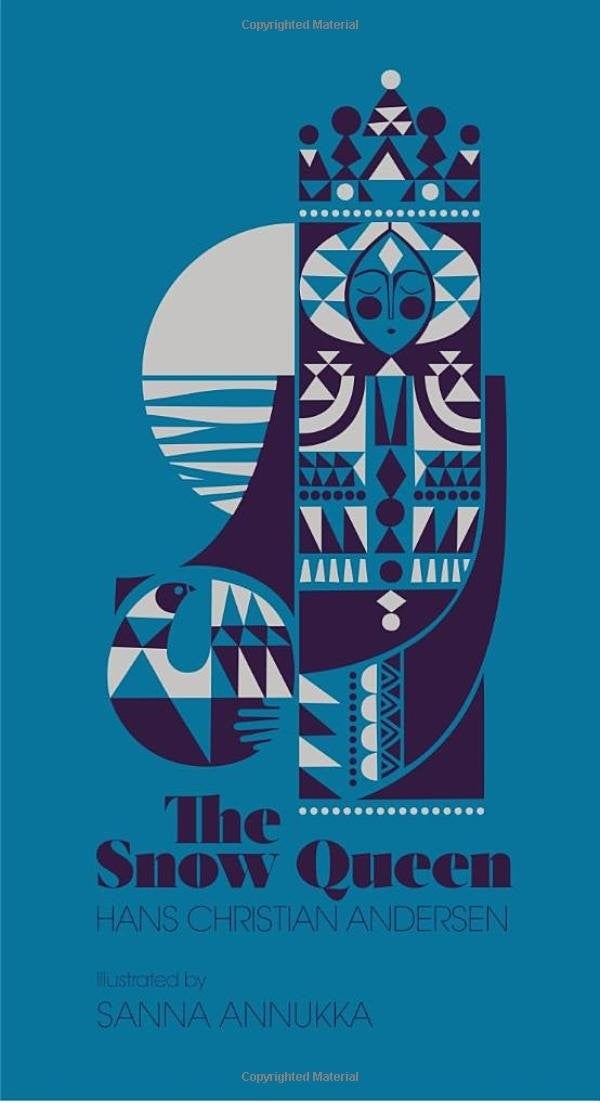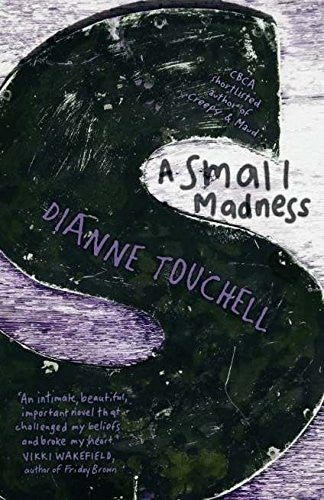Books of the Year: For young teens, reviewed by Susan Elkin
Send your teen to Venice this Christmas

From Vivaldi’s Venice to war-torn Congo, and from 20th-century Europe to a distant Star Wars-style future, there’s plenty of variety amid the current crop of young adult fiction.
Mary Hooper’s Poppy in the Field (Bloomsbury, £6.99) is a sequel to her earlier novel Poppy but it works perfectly well as a standalone. Poppy volunteers as a nurse and is working at a hospital in Boulogne in 1916. It’s graphically realistic and the credit to Vera Brittain (who wrote about her own wartime experiences in Chronicle of Youth) at the end comes as no surprise.
But we’re also dealing with Poppy’s feelings about the man who has let her down and another who seems more promising, her friendships with other girls, the men (“boys”) she cares for and the draconian discipline imposed on the nurses. Interesting characters abound.
One for the lower end of this age group is the poignant, gently affirmative Heartsong by Kevin Crossley-Holland and Jane Ray. (Orchard, £9.99) Laura, left at the famous Ospedale della Pieta in Venice aged six months, is mute.
Then she meets Vivaldi and discovers she can communicate through music. She plays flute, although Jane Ray’s otherwise exquisite illustrations show her on recorder. The story is based on a name and basic information Ray found in a Venetian museum, and the end product is a powerful plea for the arts as well as being a good, quite concise, read.
Saki’s short stories may be more than 100 years old but that sharp wit, precise uncompromising vocabulary, and championing of children over unpleasant supervisory adults is timeless. Nicholas, who outwits his tiresome aunt because he really wants to explore the lumber room, Conradin, whose ferret apparently eats his cousin/guardian and Matilda, who tricks two tiresome women out of seven shillings and sixpence – they’re all here, along with several feisty animals in Gabriel-Ernst and Other Tales (Alma Classics, £6.99) waiting to meet a new generation. And Quentin Blake’s drawings make them livelier than ever. Just ignore the totally unnecessary, patronising story summaries at the back.

Staying with short fiction, Bernard Ashley’s The Way It Is (Troika, £6.99) collects four earlier Ashley stories, gathered together for the first time. Each presents turning points in young lives with a wide geographical and cultural spread. Kantu is a tribal boy, just come of age, complete with sore ritual cuts on his cheeks, facing the loss of everything he has grown up to expect. Winnie is a young Londoner of Caribbean parentage learning about the surprising life of her just dead Uncle Jack and watching the reactions of her elder brother, Danny. Then there’s Prakash the shopkeeper’s son and Khalid who is caught up in a tsunami.
Another gritty coming of age story – this time about ruthless rebels in the Democratic Republic of Congo – Gorilla Dawn by Gill Lewis (Oxford, £8.99) explores and exposes the plight of gorillas in forests rapidly being depleted for commercial gain. Corruption is rife. Bobo is the son of a game warden. Imara is a deeply troubled, damaged and hardened “spirit child” held by the rebels until she begins to soften on being put in charge of a baby orphaned gorilla. The short interpolated passages presented from the point of view of the increasingly beleaguered gorillas are strong and, although it’s an uncompromising story featuring violence and death, most of the characters who deserve one eventually get some sort of happy ending.

And so to three novels set in the “ordinary” present. In Tangled Secrets by Anne-Marie Conway (Usborne, £6.99) Maddie, who’s in Year 8, is devastated by the sudden death of her much loved paternal grandmother, aged 63. She’s also a worrier who suspects that her dad may be about to move out. It’s an appealing story with some splendid characters including Keiran Black, the deeply troubled boy with behavioural problems at school, Vivian the terrific counsellor to whom both Maddie and Keiran are assigned, and Maddie’s sparkly little brother Charlie. It’s moving, uplifting, well plotted and totally plausible.
The gut-wrenching, quite graphic A Small Madness by Dianne Touchell (Allen & Unwin, £6.99) is about two teenagers in Australia. It opens with their having tentative first-time sex on a beach. They love each other and have been a pair for a while. But of course the condoms Michael has been given by his older brother Tim and Rose by her friend Liv aren’t to hand. They aren’t convenient the second time either and the outcome is predictable. Gradually we are tipped into a confused world of misunderstanding, pretence, broken friendships, pain and, eventually, terror and police. In some ways it’s a cautionary tale but it’s also deeply moving, oddly positive at the end despite everything, and there are some charismatic characters such as Liv’s sensible mother and Rose’s disturbed one.
One, by Sarah Crossan, (Bloomsbury, £10.99) is one of the most powerful as well the most unusual novels of the year for this age group. Grace and Tippi are conjoined twins, aged 16, and Grace tells their story in a series of often staccato, emotion-packed quasi-diary entries. They are definitely two people but the bond between them is closer than most other human beings can imagine although their parents and younger sister try hard in their different ways. Then they make friends at school and something begins to develop between Grace and John except that it can’t .... The sisters share a single set of “privates”. Devastating decisions have to be made as the girls’ health begins to cause problems.
Better Left Buried by Emma Haughton (Usborne, £6.99) is about Sarah, whose clever brother has just died suddenly in Sweden when he was meant to be at university in London. Then Sarah realises that she is being followed. Thus begins an utterly compelling story about crime and intrigue in which everything surprises. The reader has no more idea whom to trust than Sarah does. Emma Haughton’s characterisation is convincing too from the father who’s trying to cope with his deeply troubled wife to the mysterious Jack.
And finally, a foray into fantasy. In Philip Reeve’s Railhead (Oxford, £9.99) we are thousands of years into the future where a habitual thief, Zen, well used to intergalactic travel in sentient trains chased by drones and cleaned by angels, is recruited for a dangerous quest. Naturally nothing is as it seems. There are factions and power bases of course and Zen, desperately concerned about his mother and sister, doesn’t know who’s on his side and who isn’t. It’s well written so you can’t guess what’s coming and the futuristic vocabulary is fun. There’s an unexpected love story at the heart of it too.
Join our commenting forum
Join thought-provoking conversations, follow other Independent readers and see their replies
Comments
Bookmark popover
Removed from bookmarks